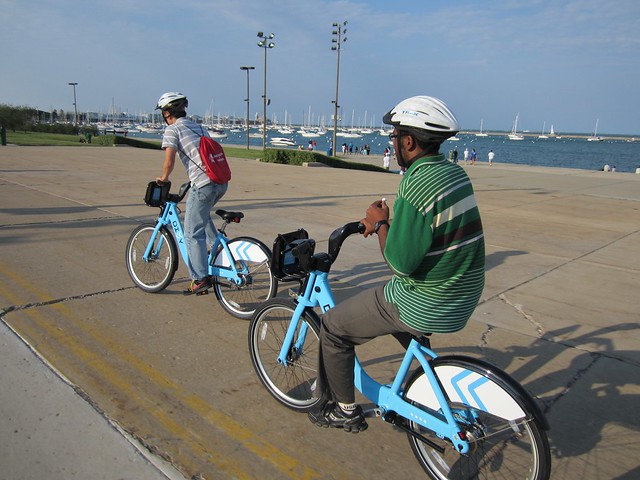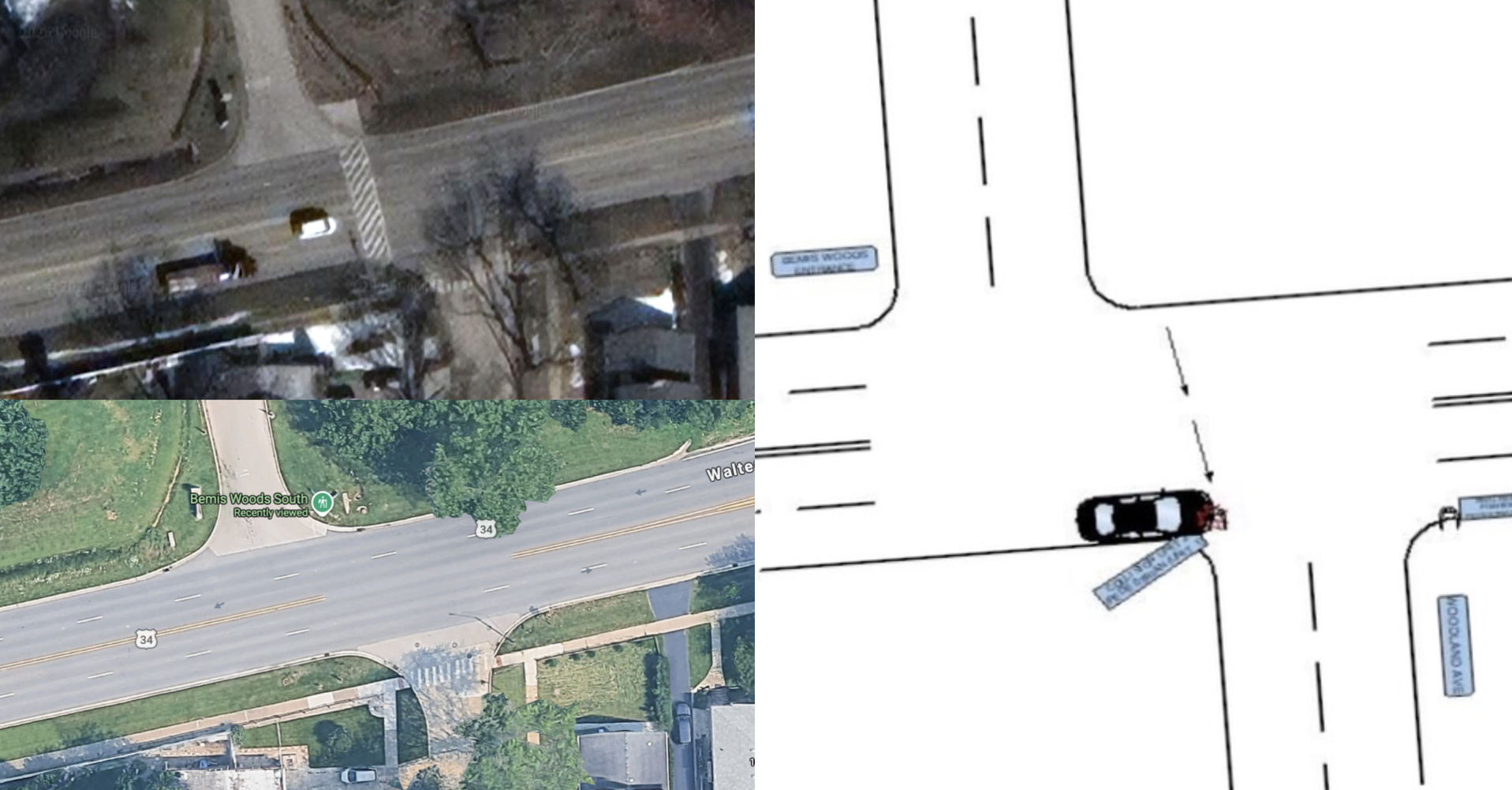
The bad news: Divvy’s announced today that their annual membership fee will be rising from $75 to $99, starting on February 1. The good news: The bike-share system will be offering a new option of paying for a membership in monthly installments.
When Divvy launched back in June 2013, yearly memberships cost $75 and 24-hour passes were $7. In July 2015, the day pass price was raised to $9.95. That change didn’t affect most Chicagoans who use the system, since about two-thirds of the passes are purchased by out-of-towners, while the vast majority of members are local residents, according to the Chicago Department of Transportation.
Also in July 2015, the city rolled out the Divvy for Everyone equity program, an attempt to address the system’s lopsided membership demographics. An earlier survey of members had found that, as is the case with most American bike-share networks, Divvy membership skews white, male, young, affluent, and well educated.
The D4E program offers one-time, $5 memberships to low-income Chicagoans, and waves the usual credit card requirement. The program, which is funded by a grant from the Better Bike Share Partnership, plus matching funds from Blue Cross Blue Shield, has been wildly popular, with more than 1,100 residents signing up within five months.
The upcoming price hike for regular Divvy memberships is necessary “in order to maintain the high level of customer service that our users have become accustomed to and to continue to grow the program,” according to CDOT spokeswoman Susan Hofer. She noted that over the last two-and-a-half years, the system has expanded to have the largest coverage area of any North American bike-share network.
Hopefully, the extra revenue will be used to address the system’s growing pains. At a recent Mayor’s Bicycle Advisory Council meeting, South Side community representative Anne Alt noted that there have been more problems with bike availability this year, as well as maintenance issues like non-functional headlights.
D4E manager Amanda Woodall responded that availability issues are a result of the system’s popularity. Woodall added that Motivate, the company that runs Divvy for CDOT, as well as several other bike-share systems around the country, may use new technology to estimate demand in the future, and more bikes may be added downtown.
Even at $99, a Divvy membership will still be a bargain. New York’s Citi Bike program raised their annual fee to $149 this year, and a yearly CTA pass is a whopping $1,200.
The new monthly billing option costs $9.95 a month and requires a one-year commitment. “By offering a monthly payment plan, we’re providing members with more options and reducing barriers caused by requiring a one-time lump sum payment,” Hofer said. “This option gives members more flexibility in their monthly budgets.” She noted that Chicago is one of the first big cities in the country to offer monthly billing.
On the one hand, the installment option will make the system more accessible to low-income residents. These include D4E members who will be required to pay full price for their second year of membership.
On the other hand, as is often the case in our society, having less money to pay upfront means you pay more in the long run. People who opt for monthly billing will wind up paying $119.40 for the year, about 20 percent more than residents who can afford to pay in a lump sum. Presumably, the extra expense goes towards the additional administrative costs of the installment plan, but the extra fees still seem somewhat regressive.
All the same, offering a monthly billing plan that is more expensive than paying upfront is arguably better than not offering one at all.




